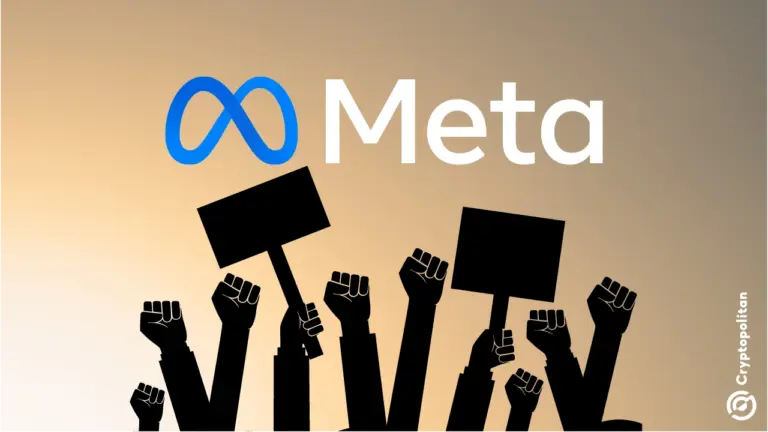How DePin Networks can decentralize law enforcement
A new report from venture capital firm Zee Prime Capital highlighted the decentralized physical infrastructure networks (DePin) can potentially transform law enforcement from a collection of centralized structures monopolized by the state to community-based enterprises that maximize transparency.
Decentralized security (DeSec) is a nascent subsector of distributed infrastructure that involves building distributed surveillance and law enforcement architecture, like ballistic triangulation systems, radar arrays, and community patrol decentralized autonomous organizations (DAOs).
According to an article from Luffistotle, a writer at Zee Prime, blockchain and decentralized architecture can excel in these areas because of the tendency to build security redundancies in these systems.
While consumer-facing retail applications typically try to avoid such robust security measures due to the increased costs of security redundancy, communities and organizations that prize security will gladly pay the extra dollar to ensure they are leveraging the best security money can buy, the author wrote.
DeSec applications also go far beyond community policing or decentralizing law enforcement. Decentralized security architecture provides novel incentives for local communities to reinforce existing electrical infrastructure, shielding it from highly disruptive events such as coronal mass ejections from the sun or electromagnetic pulse weapons (EMPs), while outsourcing the costs to participants of the DePin network.
Luffistotle also explained that a decentralized network of aerial radar could spot aerial incursions from unauthorized aircraft or small reconnaissance drones, reducing the potential for terrorism.
Related: AI makes it even easier for governments to surveil you — Nym CEO
Decentralized networks: the antidote to authoritarianism?
The development of public blockchain currencies and decentralized infrastructure did not occur in a vacuum, but is the natural response to the growing threat of state surveillance, failing centralized power structures, and a growing threat of authoritarianism across the globe.
A prime example is the increased social media censorship and surveillance efforts against activists through the collusion of government and the big tech sector to stifle protest, silence dissenting voices, and censor 'misinformation'—a trend that accelerated during the COVID-19 pandemic .
Decentralized physical infrastructure networks, such as the Helium network and other decentralized internet providers, could remedy this problem by removing power from central internet service providers and big tech companies, ensuring a free and open internet for all.
The tradeoff
Increases in transparency, while great, are usually accompanied by a corresponding decline in privacy. Luffistotle concluded by reflecting on the problem of balancing transparency with privacy and avoiding the slippery slope of an even more intrusive mass surveillance state.
"It is imperative for [the] survival of our species that we actually have the ability to speak outrageous thoughts and revolt against tyranny. If the asymmetry between enforcement and capacity to revolt becomes too big we’re just enabling minority-report-like tyranny."
Magazine: Tornado Cash 2.0: The race to build safe and legal coin mixers
Disclaimer: The content of this article solely reflects the author's opinion and does not represent the platform in any capacity. This article is not intended to serve as a reference for making investment decisions.
You may also like
Hackers are targeting Australia’s largest pension funds
Share link:In this post: Hackers targeted major Australian superannuation funds, stealing $500,000 from a few accounts and exposing personal data. Authorities and financial institutions are responding to the breach, urging members to check accounts and update passwords. Credential stuffing using stolen passwords is suspected in the attacks, prompting warnings to use unique logins and enable multifactor authentication.
Meta to end third-party fact-checking in U.S. on April 7
Share link:In this post: Meta will shut down its U.S. third-party fact-checking program on April 7, 2025, ending partnerships with groups like PolitiFact. It will be replaced by Community Notes, a system that lets users add context to posts without triggering penalties. Zuckerberg criticized the old system as biased and overly censorious, and said the change aims to support free speech. Meta is also relocating its moderation teams to Texas, a move some experts say is politically motivated.

Crypto Today: Altcoins Find New Buyers as Microsoft, Apple and Nvidia Lose $1 Trillion in 3 Days
Cardano Approaching First Death Cross: What’s Next for ADA Price?
